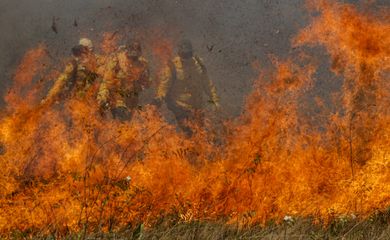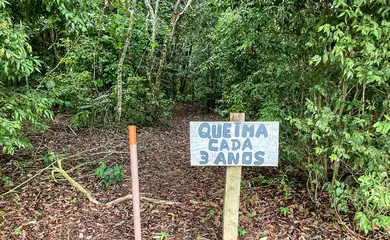Pantanal reports over 9 thousand hotspots in the last 12 months

The planet’s largest continuous wetland area, the pantanal has recorded 9,014 fire hotspots in the last 12 months, almost seven times more than the 1,298 recorded in the same period last year. The data come from the National Institute for Space Research (INPE). Particularly striking, in addition to the higher number of fires, is the early onset of the problem, which in previous years was only intensified from August onwards.

Located in the Upper Paraguay river basin, the biome covers an area of 138,183 km², with 65 percent of its territory in the state of Mato Grosso do Sul and 35 percent in Mato Grosso.
Faced with the extraordinary drought that has been affecting the biome, the government of Mato Grosso do Sul has decreed an emergency situation in the municipalities affected by the fires. The document, published Monday (Jun. 24), authorizes state bodies to act under the coordination of the State Civil Defence in disaster response, rehabilitation, and reconstruction.
Data from the National Water and Sanitation Agency (ANA) show there has been an intensification of drought conditions in the state since the end of May, leading to an exponential surge in hotspots.
A survey recently released by MapBiomas shows that, proportionally, the pantanal is the biome most affected by fires over the last 39 years. It covered 9 million hectares—59.2 percent of the territory.
From 1985 to 2023, the municipality of Corumbá, in Mato Grosso do Sul, recorded the most fires in the whole country, and the pantanal was the region with the most “fire scars” on native vegetation, with 25 percent of the territory affected by the marks.
“The damage caused by the fires is significant, both in terms of environmental aspects and economic losses. It is related to various factors—including vegetation, soil, fauna, material goods, and human life,” says the state decree, which also estimates a loss of more than BRL 17 billion for pantanal agriculture.







